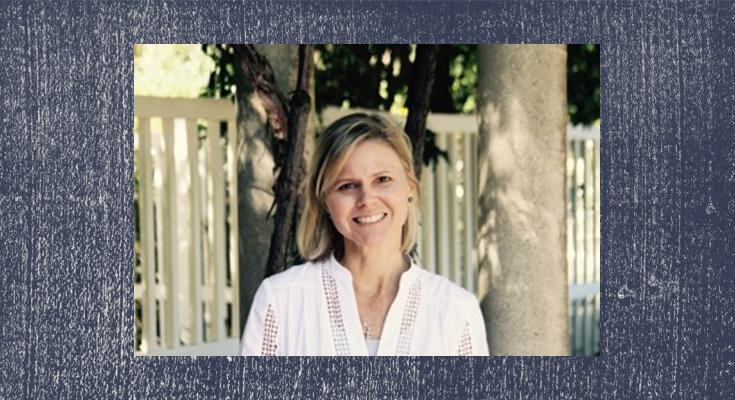Growing up the youngest of five children, I was often relegated to the children’s table for my family’s Thanksgiving meals. At that time, I preferred it that way.
I was rough around the edges and worthy of plenty of critique, so the children’s table represented somewhere I could escape adult tyranny and experience the freedom of self-rule (and bask in unsupervised helpings of turkey, dressing, and coconut cake).
By the time I grew up and was given my first seat at the adult table, however, I immediately realized I had misjudged it.
As I listened to my grandparents, parents, aunts and uncles share their stories of the past — fond memories, influential people, and even mistakes — I knew it wasn’t a place of tyranny but of guidance. In fact, the stories these adults shared began to plant many of the seeds that helped soften (at least to some degree) many of my harder edges.
As I also listened to them ponder the gifts and potential of the children sitting at the next table over, I knew it also wasn’t a place of judgment but of awe and sincere interest in the younger generation under their care—and a desire to influence them for the good.
As I watched my father bless the meal and offer thanksgiving to God for those family members present, as well as those who went before and were sure to come, I knew it wasn’t about generational separation but generational relationship. And it was a relationship sustained by our shared belief in our Father in heaven.
Of course, as I realized then, and continue to realize now, the adult table is more than a table.
It actually offers a big-picture vision of how people of faith can use our common love of God to meet our duties to the next generation: our duty to transmit what is good about the past, help them evaluate and navigate the present, and inspire them to a better future.
Perhaps it sounds overly sentimental or simplistic, but I propose it is the kind of vision —a methodology — we need more of in society today.
There is clearly growing division in America. Not only do we have greater social conflicts on a number of issues including race, politics, and religion, but even our political divisions have divisions.
In fact, the Pew Research Center recently released a report on America’s political typology that found that even within the Republican party there is increased division over traditionally Republican stands on abortion and taxes, as well as the importance of religion in the public square.
We have become an American family that is uprooted from our beliefs and out of relationship with one another. And I wonder if it’s because people of faith haven’t fully taken their seats at the table.
You see, the adult table understands that our lives, behavior, laws or policies don’t occur in a vacuum but have impacts beyond the present and into the future. It understands that those impacts cannot be simply measured by their immediate rewards (economic, health, or otherwise) but in their relationship to moral law, as well as present and future generations. And most importantly, it actively witnesses and transmits those values within its sphere of influence to those who may not otherwise understand.
I admit it’s not an easy place to stay seated, especially when there are those causing a ruckus over at the children’s table. I, for one, have surely left my seat more than once to indulge in quick reactions that accomplish very little.
I have probably cheered too loudly when public personalities like Bill Maher have come down hard on young people favoring naive beliefs like defunding the police or even communism. I have also probably laughed too loudly as Dave Chappelle has fought the cancel culture’s mob mentality with politically incorrect, and vulgar, jokes. I have probably rolled my eyes more than necessary at those who celebrate TikTok and other social media platforms that capture an unhealthy amount of our youth’s attention.
The truth is it is always easier to dismiss and criticize rather than listen, and as necessary, edify and mentor the younger generation. Such cheering, laughing and eye-rolling, however, accomplishes little more than continued division. And it certainly won’t encourage young people to maneuver the ever-changing landscape using faith as a guide.
So this Thanksgiving as we gather for our meal, maybe it is an opportunity to reflect on what sitting at the adult table could mean for each of us.
And maybe we can nudge our seats in a little closer.
Krissie Allen is a former attorney and English teacher who writes about issues impacting faith, society, and good sense. The views and opinions expressed here are those of the author and do not necessarily reflect the policy or position of 1819 News. To comment, please send an email with your name and contact information to Commentary@1819News.com.










